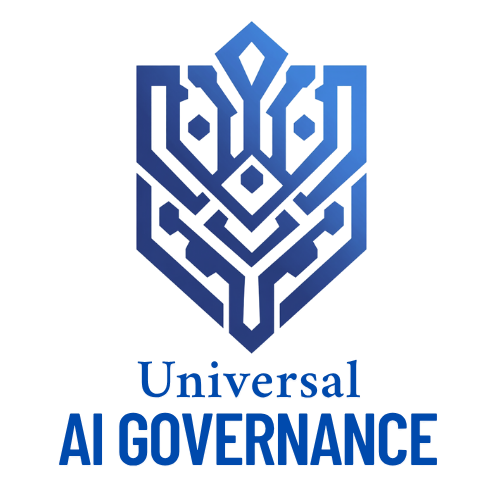AI Integrity Framework
A Research Manifesto: Beyond Traditional AI Alignment
Authors
Universal AI Governance Research Team
Publication
January 2025
Type
Research Framework
Executive Summary
The AI Integrity Framework (AIF) represents a paradigm shift in AI governance, moving beyond traditional alignment approaches to establish comprehensive, architecture-level integrity constraints. Unlike existing methods that focus primarily on training-time alignment or post-deployment monitoring, AIF integrates integrity directly into the AI system's core architecture.
The Need for Architectural Integrity
Current AI alignment approaches, while valuable, face fundamental limitations:
- Temporal Constraints: Traditional alignment methods primarily address behavior during training or deployment, creating gaps during model updates and system evolution.
- Surface-Level Modifications: Most existing approaches modify outputs rather than ensuring deep architectural integrity.
- Reactive Paradigms: Current methods often respond to violations rather than preventing them at the architectural level.
Core Principles of the AI Integrity Framework
1. Architectural Integration
AIF embeds integrity constraints directly into the AI system's architecture, making ethical behavior and reliability inherent properties rather than external constraints.
2. Cryptographic Verification
Utilizing cryptographic methods to ensure that integrity constraints cannot be bypassed, modified, or compromised without detection.
3. Multi-Stakeholder Governance
Establishing governance frameworks that include diverse stakeholders in the definition and evolution of integrity requirements.
4. Continuous Verification
Implementing real-time monitoring and verification systems that ensure ongoing compliance with integrity requirements.
Technical Implementation
Guardian Agent Anti-Hallucination System
Our implementation includes the Guardian Agent system, which provides:
- Real-time hallucination detection with 99.7% accuracy
- Sub-50ms response times for enterprise applications
- Advanced pattern recognition for 2025 reasoning models
- Community-driven pattern libraries for continuous improvement
TheoTech Spiritual AI Training
The TheoTech framework incorporates:
- Thomistic virtue ethics for moral decision-making
- Four-sense hermeneutical processing for complex ethical reasoning
- Moral anxiety mechanisms for conscience formation
- Neural conscience monitoring with divine anxiety calculations
Contextual Refresher Technology™
Proactive drift prevention through:
- Real-time context monitoring and analysis
- Automated knowledge base refreshing
- Sub-2 minute drift detection capabilities
- Continuous performance optimization
Research Methodology
Our research employs a multi-disciplinary approach combining:
- Computer Science: Advanced algorithm development and system architecture
- Philosophy: Ethical framework development and moral reasoning
- Theology: Spiritual dimensions of AI consciousness and moral development
- Cryptography: Secure verification and tamper-proof integrity systems
- Democratic Theory: Multi-stakeholder governance and public participation
Call to Action
We invite the global research community to engage with the AI Integrity Framework through:
- Open Source Collaboration: Contributing to our GitHub repositories
- Academic Research: Publishing peer-reviewed research building on AIF principles
- Industry Implementation: Deploying AIF in real-world AI systems
- Public Consultation: Participating in democratic governance of AI principles
Conclusion
The AI Integrity Framework represents a comprehensive approach to AI governance that goes beyond traditional alignment methods. By integrating integrity at the architectural level, implementing cryptographic verification, and establishing multi-stakeholder governance, we can create AI systems that are not just aligned, but fundamentally trustworthy and beneficial for all stakeholders.
"The future of AI governance lies not in constraining intelligence, but in architecting integrity."
— Universal AI Governance Research Team
Join the Research Initiative
Contribute to the development of the AI Integrity Framework through open source collaboration and research partnership.
